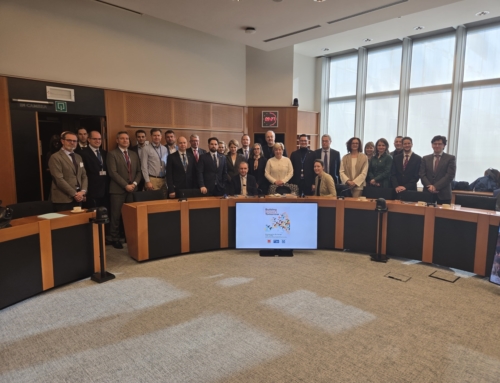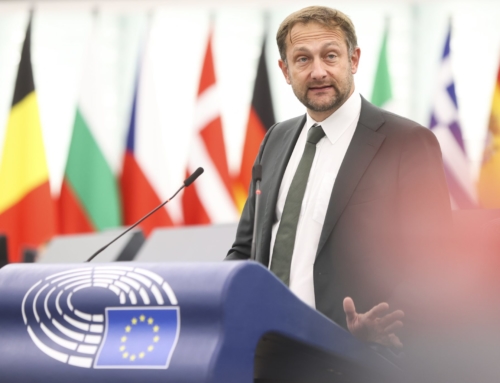Brussels, 11th of March 2024
The people of the Republic of Ireland rejected proposed constitutional changes during two referendum votes on Friday. Family networks were crucial to the successful NoNo campaign, whereas the failed YesYes campaign was supported by almost all political parties.
The Federation of Catholic Family Associations in Europe (FAFCE) is pleased with the result of the two referendum votes in Ireland on Friday. Vincenzo Bassi, President of FAFCE, said: “Common sense is back. The Irish people have chosen to promote the family and protect womanhood at the referendums by rejecting the constitutional proposals.”
Known as the ‘family referendum’, the first of the two constitutional proposals was to change the definition of family, currently based on marriage, by including the vague concept of ‘durable relationships’. The ‘no’ vote achieved a 67.69% vote. Only one constituency out of 39 returned a ‘yes’ vote.
“The absurdity of equating marriage to ‘durable relationships’ in defining the family was rejected by popular common sense”, said FAFCE President Vincenzo Bassi.
The second proposal, known as the ‘care referendum’, was to change the wording of the constitution that currently provides freedom for women in families to be care-givers. The ‘no’ vote achieved 73.93%. Every constituency in the Republic of Ireland returned a ‘no’ vote.
A significant factor in the shock result was the campaigning of FAFCE member Family Solidarity. Organisations that also campaigned for a NoNo vote included Iona Institute and Lawyers For No.
Angelo Bottone, Chairman of Family Solidarity, said: “The entire political establishment of Ireland threw the weight of their resources behind their campaigns and lost. We hope they have heard the voices of families loud and clear. Instead of taking us for granted, they should pursue policies in favour of the family, mothers, and marriage.”
Vincenzo Bassi, President of FAFCE, commented: “We congratulate Family Solidarity, active FAFCE member organisation over many years. Their example to Europe is that family associations can effectively network with other civil society organisations to promote the family – and win.”









